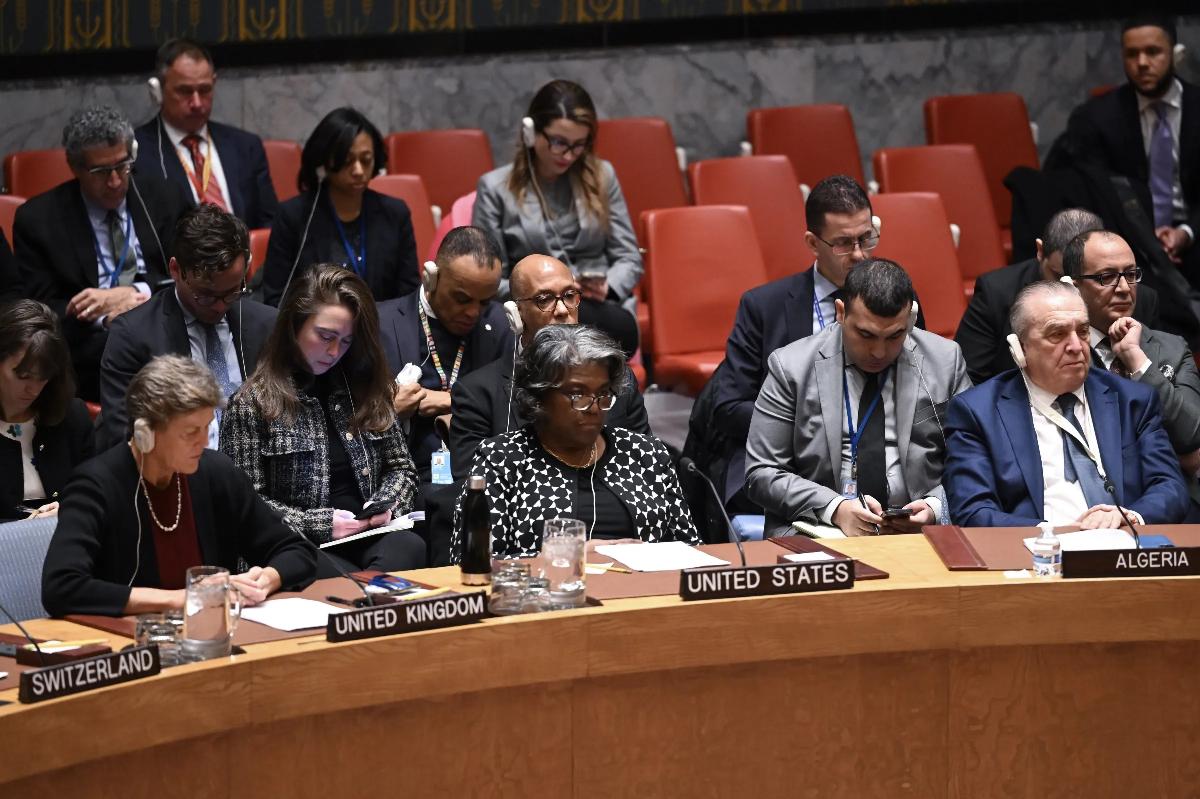
After Israeli airstrikes on Hezbollah, calls for a ceasefire remain contentious
On Friday, an Israeli airstrike in Beirut reportedly killed approximately a dozen members of Hezbollah, a group linked to the 1983 U.S. embassy bombing. The attack has elicited varied responses from lawmakers in the United States, with prominent figures from both parties remaining largely silent as the U.N. Security Council cautioned about the escalating conflict's ramifications.
This airstrike follows recent events where pagers and walkie-talkies used by Hezbollah members exploded in an attack attributed to Israel. Congresswoman Alexandria Ocasio-Cortez, who has been vocal in her criticism of Israel, condemned the earlier attacks, stating they violate international humanitarian law.
Israeli officials confirmed the airstrike resulted in the deaths of Ibrahim Aqil and Fouad Shukr, both of whom were wanted by the U.S. State Department for their involvement in the bombings that killed 300 people in 1983. As of Friday evening, the White House had not commented on the airstrikes.
U.N. diplomat Rosemary DiCarlo called for restraint in the region, emphasizing the grave threat to stability posed by ongoing violence. Despite this, some Republican lawmakers argue that Israel's actions are justified to prevent a larger conflict, citing the ongoing rocket attacks from Hezbollah into Israel.
Gary Bauer, a former U.S. Commission member, stated that Israel's airstrikes are essential for addressing security threats, asserting that failure to act could encourage further aggression from adversaries. He suggested that the current U.S. administration's policies could exacerbate the situation rather than alleviate it.
Meanwhile, former President Donald Trump has expressed concern over the upcoming U.S. election, asserting its significance for Israel's future. He indicated that a Democratic win could lead to dire consequences for Israel.
Shoshana Byren from the Republican Jewish Policy Center characterized calls for de-escalation as misguided, arguing that Israel's military actions are necessary given Hezbollah's history of missile attacks. Byren maintained that past ceasefires have been ineffective, as Hezbollah and Hamas do not adhere to them.
Matthew Faraci, a political analyst, noted that the recent airstrikes are part of a broader strategy to undermine Hezbollah's command structure. He suggested that confronting the group's threats will ultimately require military action.
As tensions rise, concerns are also mounting regarding potential increases in anti-Semitism in the U.S., particularly as the anniversary of the October 7 Hamas attacks approaches.
Stichworte







